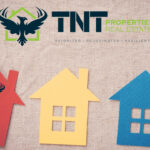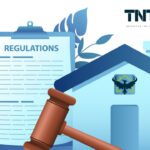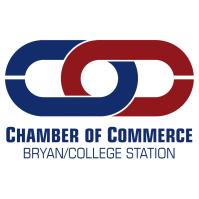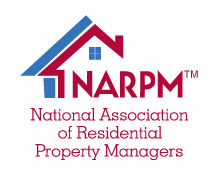Mastering Property Management: Key Strategies for Rental Success – Part 6
In the sixth installment of TNT Properties Real Estate’s series, “Taking the Leap: Finding Courage to Invest in Rental Properties,” we delve into the art of property management. Whether you choose to manage your rental property independently or opt for professional services, effective management is crucial for maintaining property value and ensuring tenant satisfaction.
The Basics of Self-Management
- Understanding Responsibilities: Outline the responsibilities involved in managing a rental property, including tenant screening, rent collection, property maintenance, and legal compliance.
- Building Relationships with Tenants: Emphasize the importance of building good relationships with tenants. Responsive and respectful interactions can lead to longer tenancies and fewer issues.
- Staying Organized: Offer tips on staying organized, such as keeping accurate records of all transactions, maintenance schedules, and tenant communications.
Hiring Professional Property Management
- When to Consider Professional Help: Discuss scenarios where hiring a professional property management company might be beneficial, such as managing multiple properties or investing in distant locations.
- Services Offered: Detail the range of services provided by property management companies, including marketing properties, handling tenant issues, conducting regular inspections, and managing financial records.
- Choosing the Right Company: Provide guidance on how to choose a reputable property management company. Look for companies with experience in your property type, good references, and transparent fee structures.
Financial and Legal Aspects
- Budgeting for Maintenance and Repairs: Stress the importance of budgeting for regular maintenance and unexpected repairs. A well-maintained property attracts and retains tenants.
- Understanding Legal Requirements: Highlight the necessity of understanding local and state landlord-tenant laws, fair housing regulations, and other legal requirements to avoid costly legal issues.
Technology in Property Management
- Leveraging Technology: Introduce the role of technology in streamlining property management tasks. This includes using property management software for rent collection, maintenance requests, and financial tracking.
- Online Marketing and Communication: Discuss the benefits of online marketing for your rental property and the importance of digital communication channels with tenants.
Effective property management, whether done independently or through professionals, is a critical component of successful rental property investment. By understanding the nuances of property management and choosing the right approach for your situation, you can ensure a rewarding and profitable investment experience. Stay tuned for our next article, where we will explore navigating legal and tax considerations in rental property investment.


 Previous Post
Previous Post Next Post
Next Post





